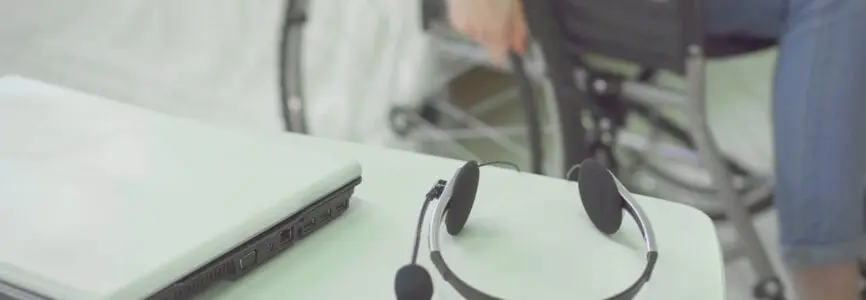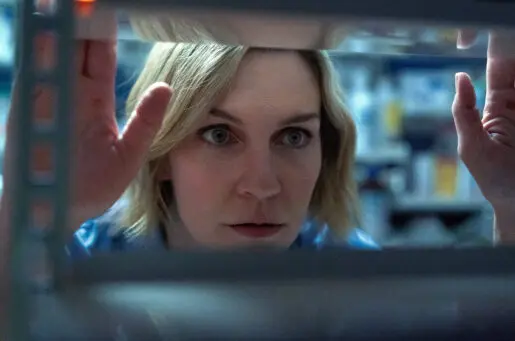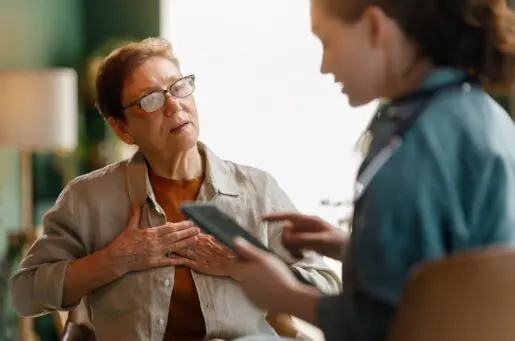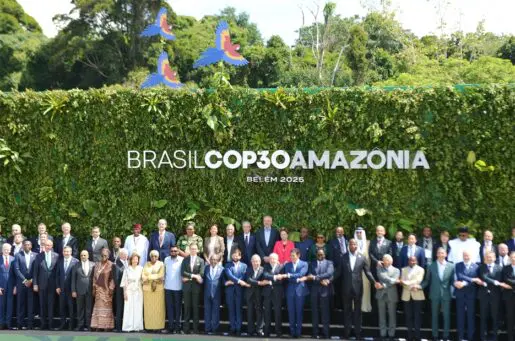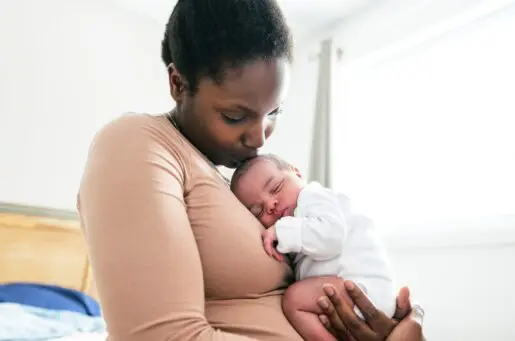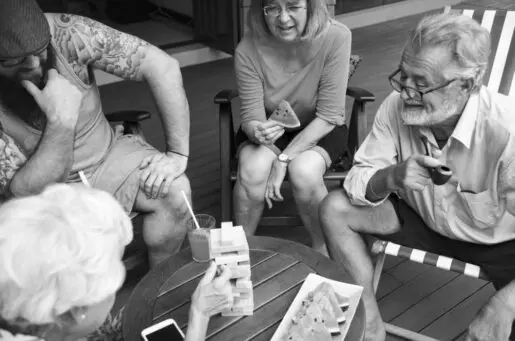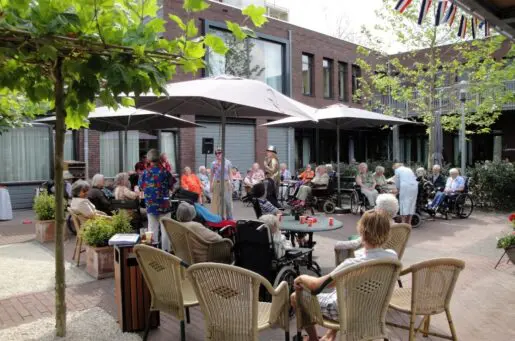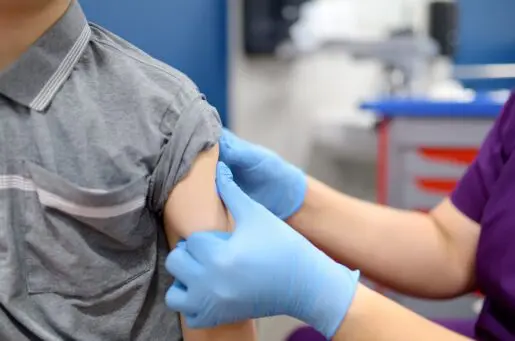Bioethics Forum Essay
#WeAreEssential: Why Disabled People Should Be Appointed to Hospital Triage Committees
There is a fraught history of conflict between the institution of medicine, bioethics, and the disability movement. As disability lawyer Gregory Mansfield wrote in a personal correspondence, “discriminatory attitudes make disabled people think long and hard about going to the hospital to seek care when we need it.” These attitudes have amplified implications for disabled people of color. Disparate health outcomes in the African American, Latinx, and indigenous communities result from generations of discriminatory and structurally violent policies, which now are putting people at risk for contracting and dying from Covid-19. With many states buckling to political pressure to open up public life, the likelihood has again increased that infections will spike, resources will dwindle, and crisis standards of care may need to be activated.
Given the history of conflict, we must now do everything we can to avoid a triage decision-making process that pushes disabled people to the side. One important action is to appoint people with disabilities, and especially those of color, to hospital triage committees. To our knowledge, no hospital or state crisis standards of care protocol mandates this kind of representation. “Hospital triage teams are not in the habit of consulting with people with disabilities or their advocates” wrote Silvia Yee, senior staff attorney at the Disability Rights Education and Defense Fund, in a personal correspondence. This lack of representation results in policies that harm disabled people.
There has been a great deal of analysis of state and hospital triage protocols from disability activists, advocacy organizations, and scholars. Some state guidelines have codified discrimination and implicit bias that includes assumptions regarding disability and quality of life. These assumptions deprioritized disabled people from getting treatment. Furthermore, triage guidelines across different hospital systems vary greatly. For example, some consider “compassionate extubation” after three days for patients with “advanced illness”–defined by the presence of preexisting medical conditions including “chronic illness or some combination of malnutrition, organ dysfunction, cancer and declining functional status … [and] those who have been readmitted to a hospital more than three times in the prior six months.”
Since disabled people are more likely than average to exhibit comorbidities and be frequent visitors to the hospital, they are more likely to be removed from a ventilator or to be denied a ventilator or an ICU bed in the first place. Thus, people with disabilities are disproportionately impacted by triage guidelines.
The vulnerability of disabled people is not a matter of pure biology. Residents of nursing homes are among the groups most heavily hit by the virus. Philosopher Shelley Tremain points out how nursing homes, jails, ICE detention facilities, and other such settings create vulnerability to Covid-19 which is a “testament to the insidious nature of the institutions themselves and the dehumanizing and outdated roles that they increasingly serve in society.” Congregate housing for disabled people in New York other than nursing homes also shows infection and death rates far above average that may equal or even exceed those of nursing facilities. Some congregate housing at least facilitates the ability to live independent lives in the community and does not have all the characteristics that Tremain critiques. Yet, with shared caregivers, they still pose an increased risk for infection that should not be dismissed as unavoidable. Even people living at home with the support of an attendant are facing higher risk for infection because of a lack of an adequate supply of both human resources and personal protective equipment.
In the long run, we must open up a greater range of choices for disabled people who need long-term care and provide fair and sustainable pay and support to caregivers. This means developing funding structures that give people with all disabilities greater control over who cares for them, what this care consists of, who they live with, and where they live. Without these improvements to the long-term care system, people will remain at risk for viruses and other harms. Adequate oversite of congregate care settings and increased funding for Medicaid Home and Community Based Services has become an urgent public health need and requires passage of the Coronavirus Relief for Seniors and People with Disabilities Act.
The combination of physiology, ethics, and politics makes the disproportionate impact of Covid-19 on disabled people inescapable. As a matter of justice, we must more fairly distribute the benefits and burdens between individuals and groups and recognize the moral equality of individuals and groups. The representation of a diverse range of disabled people on triage committees would advance both of these goals.
This change in practice may take hospital administrators out of their comfort zone, but it is possible to do and would go a long way to build bridges between the medical and the disability communities. With the proliferation of Zoom meetings, there is no reason why a disabled member of a triage committee couldn’t remain sheltered in place while sharing in the decision-making process. Further, while health care providers who identify as disabled may be rare, they do exist. Hospitals could also reach out to local universities that have a growing number of disabled faculty working in disability studies programs, who may be well positioned to take up conversations about triage. Finally, there are institutional structures that organize the disability community and could be a source of disabled perspectives on triage committees. For example, every state has a Protection and Advocacy agency and every metropolitan area is served by a Center for Independent Living, both of which retain well-trained and thoughtful disabled advocates.
Beyond the Covid-19 crisis, the incorporation of disability studies into pre-health, medical school, and continuing medical education curriculums would help clinicians to become aware of conscious and unconscious bias against people with disabilities and reduce ableism in medicine. This would help bring forward the idea “that the medical and disability communities actually have the potential to be exceptional allies”.
With the survival rate for ventilator usage with Covid-19 as low as 15% and debate emerging about over-usage and the violence of the protocol, the moral stakes may be less about who gets treatment. The deeper moral stakes may be: who will we recognize as a moral equal in our community? #WeAreEssential
Marina Tsaplina is a performing artist, disability advocate, educator, and an associate of the Health Humanities Lab and the Trent Center for Bioethics, Humanities and History of Medicine at Duke University. She joins her research and teaching in training medical students and clinicians on embodiment and disability through embodied arts pedagogy. Twitter: @MarinaTsapliina. Joseph Stramondo, PhD, is an assistant professor of philosophy and associate director of the Institute for Ethics and Public Affairs at San Diego State University. His teaching and research bring bioethics into conversation with philosophy of disability. Twitter: @PhilosopherCrip.
